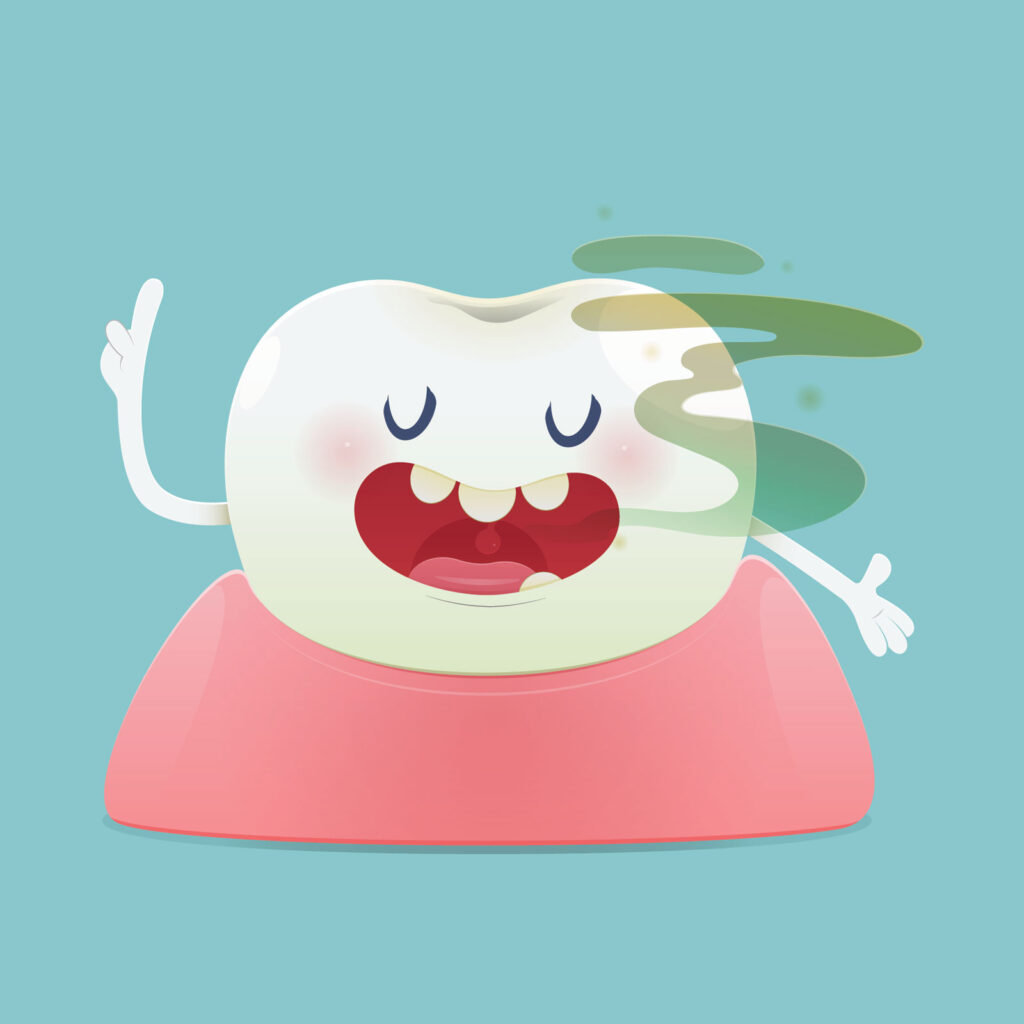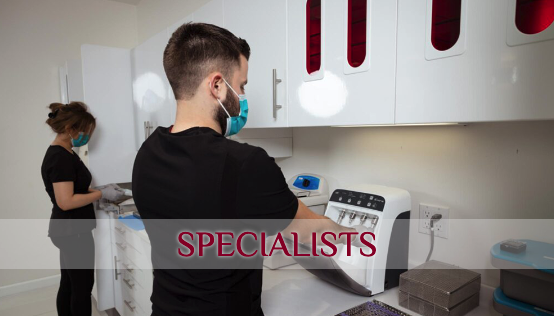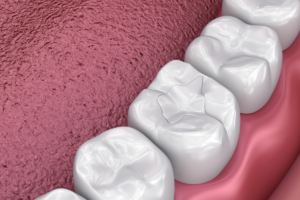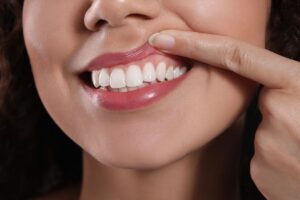You must have experienced bad breath at least once. Some of you might not even have been aware of that, causing some discomfort in your surroundings!
There are also others who suffer from bad breath every day, and are looking for solutions to get rid of it since it affects many aspect of their lives, including their personal relationships.
Bad breath, also known as Halitosis, is a common condition that usually occurs in the morning after waking up or after having certain meals, consuming alcohol, or smoking.
What Causes Bad Breath?
Bad breath, which often develops due to bacteria, may originate inside and outside the mouth. Most conditions that lead to Halitosis are associated with improper oral hygiene, gum diseases, and dry mouth.
- Oral Health
Oral health is one of the most critical factors which may cause bad breath. Keeping consistent oral care has a crucial role in preventing this condition. Food particles and plaque formed by bacteria can both develop bad breath. Poor oral hygiene also leads to other oral complications such as cavities and gum disease, which can in turn cause bad breath.
- Daily Diet
Certain foods will cause bad breath with their odor-causing particles, which are carried to the lungs through the veins and impact the odor of your breath when you exhale. Coffee can leave you with bad breath due to having an intense flavor. It also decreases saliva production.
Consuming alcoholic foods and drinks can also decrease saliva production, creating a suitable environment for the growth of odor-causing bacteria. High-sugar, spicy, and high-protein foods can also result in bad breath. Low-carb foods may also cause a foul odor because when your body doesn’t get enough carbohydrates, the metabolism changes, leading to bad breath.
- Smoking
All tobacco products cause bad breath and lead to serious oral issues such as gum diseases.

- Digestive Problems
Poor digestion can also lead to bad breath due to Acid refluxes, which make the consumed foods cause bad breath more quickly.
- Dry Mouth
Saliva helps keep your mouth clean. When you have dry mouth, the food particles are not removed by the saliva, and bad breath is likely to occur. This is natural during sleep, but if you face this problem throughout the day, you should take it more seriously.
- Medication
Many pharmaceutical medications cause dry mouth as a side effect. An extended period of dry mouth can cause discomfort and lead to bad breath. Some medicines may also release chemicals into your bloodstream, affecting your breath.
Bad Breath after Tooth Extraction
Bad breath will occur after a tooth extraction due to the bacteria which infect the wound at the extraction site. These bacteria create chemicals carried out by your breath, accompanied by other symptoms like fever and pain. Your gums may still bleed a little after the tooth extraction surgery, and the blood gathered in your mouth can give your breath an unpleasant odor.
Bad Breath after Wisdom Teeth Removal
Bleeding is expected at the extraction site after a wisdom tooth removal surgery, and is considered an important reason for your bad breath. The blood can leave an unpleasant taste in your mouth, providing a place for the bacteria that release a bad odor. You should avoid using mouthwash, but you can still gently rinse your mouth and sip water to refresh your mouth.
Incomplete cleaning is another issue which could cause bad breath. Your gums and teeth become sensitive after a wisdom tooth removal surgery, causing different dental conditions that will finally lead to bad breath. Saltwater is a helpful solution in these cases.
If you continue to have bad breath two to four days after your wisdom tooth removal surgery, it could be due to a dry socket. A blood clot is supposed to form at the extraction site after a wisdom tooth removal surgery and cover the wound. This clot may sometimes come out of the socket and leave the site unprotected. This is how a dry socket develops, causing pain and bad breath.
There is an increased risk of dry sockets if proper care is not taken after the surgery, or if there have been complications during the procedure. Age is another significant factor: people over 25 will be more likely to face this condition.

How do I Get Rid of Bad Breath?
Bad breath caused by the removal of wisdom teeth usually diminishes on its own as the extraction site heals. If it doesn’t, you should seek immediate medical attention. However, during the initial 48 hours after wisdom tooth removal, while your wound is healing, you could gently but frequently wash your mouth with water to at least minimize the bad breath.
How to Diagnose the Causes of Bad Breath?
Bad breath is perceived as a bad odor coming from your breath. Several factors can help diagnose the causes of this condition, including your personal habits, oral and dental hygiene, oral and nasal cavities, medical conditions and treatments, and the medications you have been taking.
How to Get Rid of Bad Breath
Visiting your dentist regularly is another factor you should keep in mind, since various oral conditions can cause bad breath. Treating bad breath is not very challenging, but the cause needs to be diagnosed to help find the best treatment approach. When your bad breath is caused by an illness such as gingivitis, periodontitis, or tooth decay, you may not overcome that with the help of home remedies. You will need special dental procedures or medications. In other cases, home remedies can be a big help.
Home Remedies for Bad Breath
You can improve or prevent bad breath by following simple routines, such as brushing your teeth at least twice a day and rinsing your mouth with an alcohol-free mouthwash before sleep.
Changes in your lifestyle will be very effective for your bad breath. Limiting your intake of alcohol and coffee, and chewing sugar-free gums may be a big help. It would be best if you also avoid smoking and chewing tobacco products. If you have dry mouth, you should stay hydrated and use moisturizing agents.
Since there are various solutions for bad breath, Ariadental can help you with a custom treatment plan based on your condition. You will benefit from professional dental cleanings and repairs, which will yield more permanent results. You can contact us to schedule an appointment to address any oral concerns you may have.



















